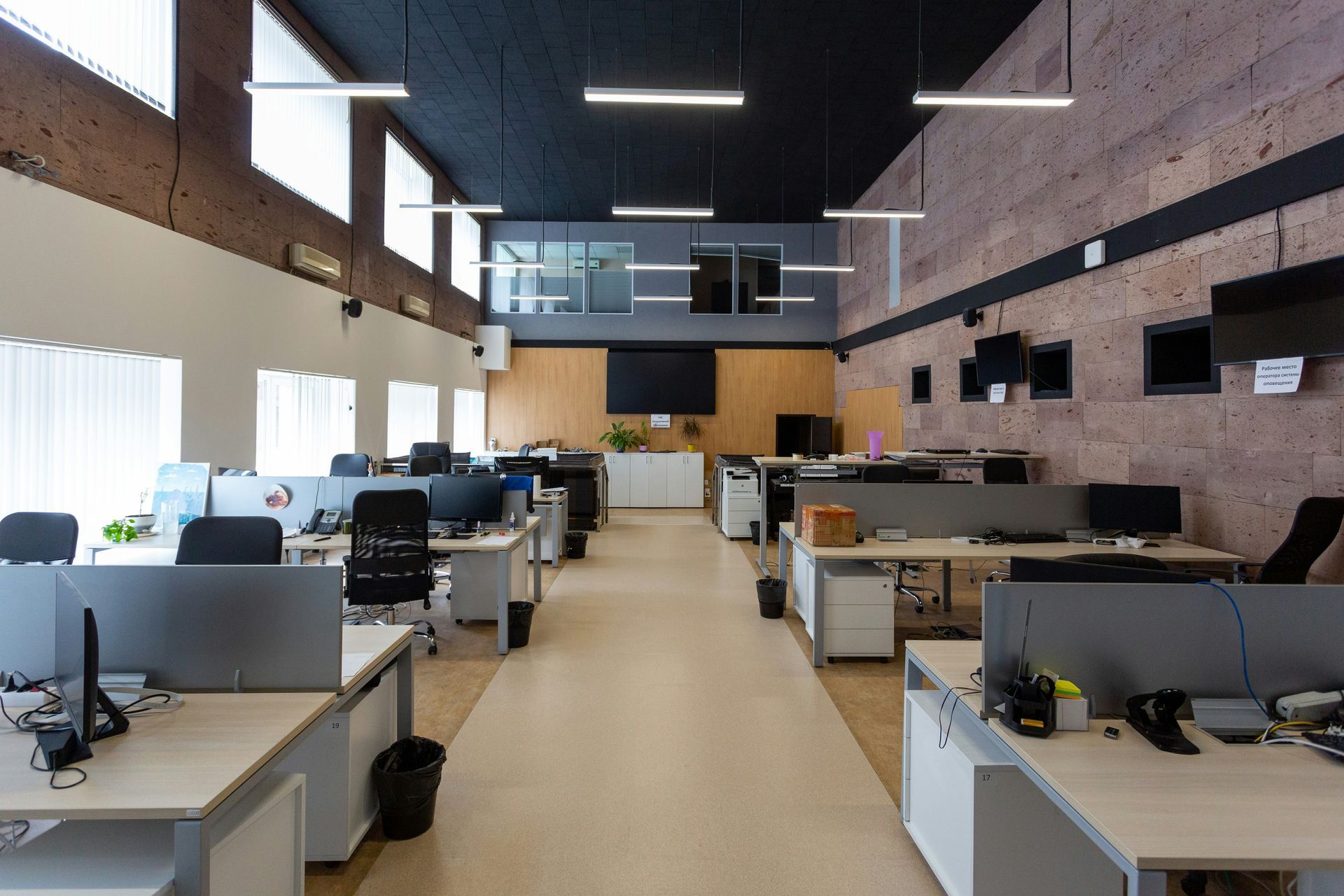Nevada Gardens: Eco-Pest Control for Families
Gardening in the distinct conditions of Nevada's arid climate presents unique challenges that require keen understanding and strategic action. The low humidity, intense sun, and limited rainfall in areas like Reno, Sparks, and Carson City shape an environment where gardeners need to be thoughtful about their approach to pest control. With an eye towards creating a garden that's both safe for the family and environmentally conscious, recognizing these challenges is the first step to successful gardening in this region.
One of the more effective strategies for garden protection in Nevada is adapting the design to exploit the dry conditions for natural pest deterrence. In particular, the arid climate can actually work in your favor when it comes to certain types of pests that prefer moister conditions. To take advantage of this, consider incorporating plenty of spacing between your plants, which enhances air circulation and reduces the habitat for moisture-loving pests. Adding mulch can also help conserve soil moisture to support your plants while simultaneously creating a barrier against unwanted visitors like weeds and insects that may harm your garden bounty.
Selecting the right plants is crucial in rounding out your garden fortress in Nevada's unique climate. Native plants, or those well-adapted to the dry conditions, can often require less maintenance and water while still providing a deterrent effect against pests. For example, lavender not only survives well in drought conditions but also serves as a natural repellent for a number of insect pests. Similarly, plants like sage, rosemary, and marigolds bring vibrant colors and scents to your garden while discouraging the arrival of bugs that might otherwise feast on your garden vegetation. These plants often serve multiple roles, as they can also attract beneficial insects that will help manage the ecosystem in your garden.
By embracing the challenges that come with Nevada's dry weather patterns and incorporating specific design features and plant selections, you're laying the foundation for a garden that not only thrives in the local conditions but also minimizes pest-related issues in an eco-friendly manner. And with careful consideration, you will create not just a garden, but a sanctuary for your family that aligns with the balance of the local ecosystem.
Establishing Safe and Natural Repellents
Creating a family-friendly garden means ensuring the safety of all members, including children and pets, which is why natural pest repellents are a cornerstone of eco-friendly gardening in Nevada. Since traditional chemical treatments can be toxic and harmful to those frolicking in the garden, they are not an option for families aiming for a green and healthy lifestyle.
Nature itself offers an array of solutions for keeping pests at bay without introducing hazardous substances into your backyard ecosystem. One of the easiest methods is using aromatic plants that are naturally repellent to pests. Plants like mint, chrysanthemums, and petunias not only embellish your garden but also serve as natural deterrents to insects like aphids and mosquitoes. Moreover, many of these plants are native or adapted to Nevada, requiring less water – an essential consideration in the arid desert climate.
Beyond planting, there are various DIY solutions that can help protect your garden. Simple concoctions, such as a mixture of dish soap and water, can act as a deterrent for a variety of soft-bodied insects. Garlic and hot pepper sprays can also be effective natural repellents, with the added benefit of being made from common kitchen ingredients. Remember to use these sprays cautiously and test them on a small portion of the plant first to ensure they don't cause damage. It is crucial to be informed about the correct ratios and application methods, which can be found through resources like the
Environmental Protection Agency (EPA) for accurate and safe practices for pest management.
Finally, the importance of avoiding chemical repellents to maintain eco-friendly gardening cannot be overstated. Chemicals not only affect the immediate environment but can also have long-term detrimental effects on the local fauna, water supply, and soil quality. For example, certain pesticides have been linked to the decline in pollinator populations, which are vital to both the ecosystem and agriculture. By opting for natural repellents, gardeners not only protect their families and pets but also contribute positively to the environment, preserving biodiversity and promoting sustainability.
Designing a Family-Friendly Garden Layout for Pest Prevention
When safeguarding your garden against pests in Nevada's arid landscape while ensuring it remains a sanctuary for family and pets, the layout plays a pivotal role. A well-thought-out design combines pest prevention with areas designated for family activities, making the garden both functional and enjoyable.
One practical approach is to create physical barriers within the garden. Raised beds can be both a visual charm and a deterrent to some crawling pests like slugs and snails. Gravel or diatomaceous earth paths around these beds can further discourage pests due to their sharp and dry nature which is unappealing to many insects.
Companion planting is another strategy that enhances your garden’s defenses naturally. By planting strong-scented herbs like basil and oregano near vegetables, you can help fend off pests like mosquitoes and tomato hornworms. Furthermore, companion planting has the added benefit of teaching children about symbiotic relationships between plants, turning your garden into an outdoor classroom.
Incorporate areas dedicated to play and learning, with small plots where children can plant their own seeds. This not only educates them about the life cycles of plants but also about the insects that interact within the garden ecosystem. Creating sections for pollinator-friendly flowers can attract bees and butterflies, serving as another learning opportunity as well as aiding in the natural pollination of your garden crops.
Cultivating a Balanced Ecosystem to Ward Off Pests
Achieving a natural balance within your garden's ecosystem is key to long-term pest management. This involves promoting the presence of beneficial insects like ladybugs and lacewings, which prey on common garden pests such as aphids and mites. Installing an insect hotel and planting a diversity of flowers can help attract these helpful creatures.
Composting and maintaining healthy soil is fundamental to sustainable gardening. Rich, fertile soil supports stronger plants that are more resilient to pests and diseases. By using kitchen scraps and garden waste, you create an organic compost that enriches the soil without the need for chemical fertilizers.
Furthermore, efficient water management practices such as drip irrigation can help prevent the moist conditions that some pests thrive in, and selecting drought-tolerant plants ensures that your garden doesn't require excessive watering—a crucial aspect in water-conscious Nevada.
By introducing these eco-friendly, strategic measures in your Nevada garden, not only do you fortify your green space against unwanted pests, but you also create an inviting atmosphere for family involvement and education. Stepping into your garden fortress should provide a sense of security, serenity, and engagement for both humans and nature's allies alike.
Ready to transform your Nevada garden into an eco-friendly fortress, complete with family-safe pest deterrents? Contact us today for expert advice tailored to your green thumb needs. Let's grow together into a pest-free, vibrant garden paradise!




